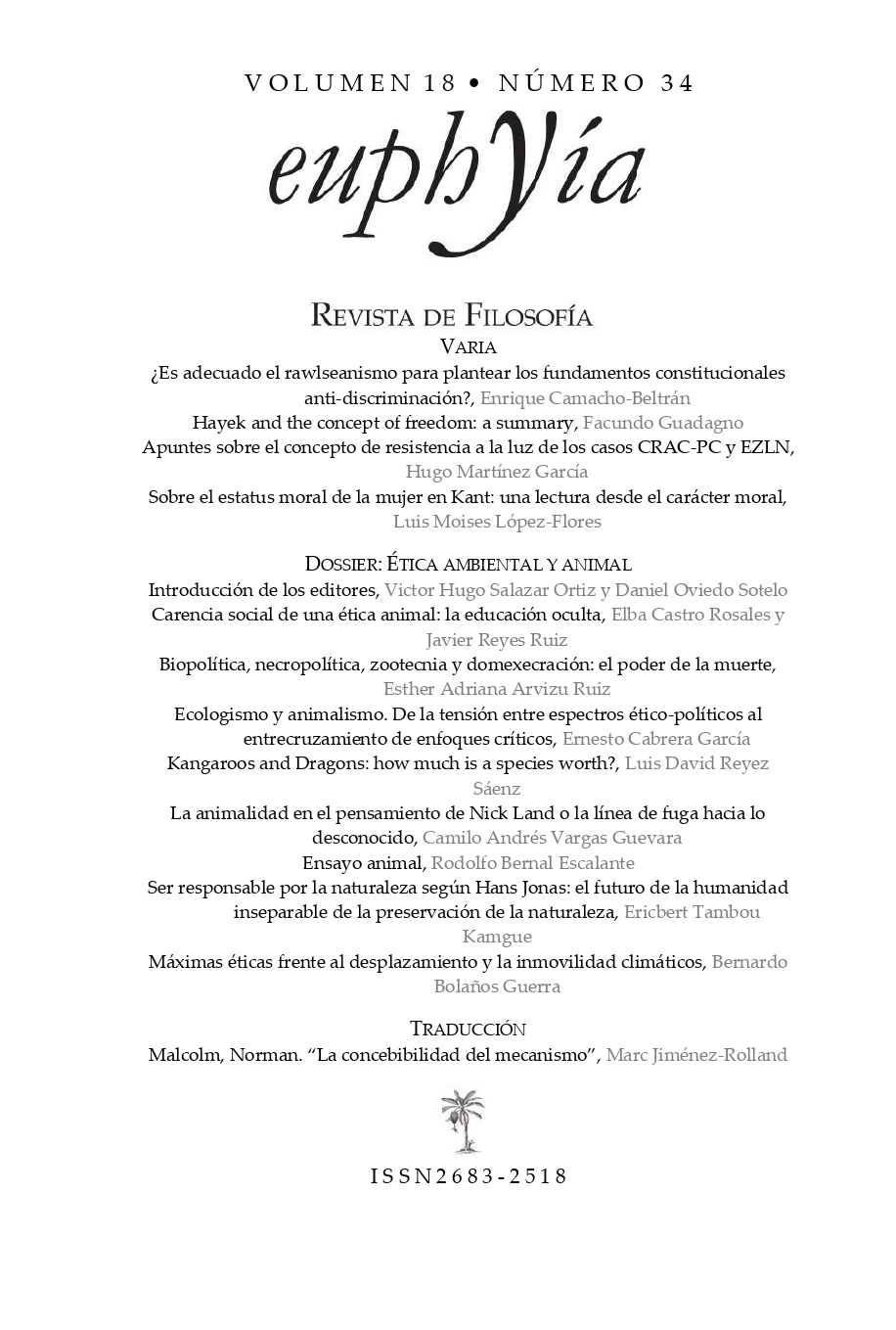Hayek and the concept of freedom: a summary
DOI:
https://doi.org/10.33064/34euph7528Abstract
This paper examines the pivotal concept of freedom in Friedrich Hayek’s extensive work, which is the foundation for his political, economic, and scientific theories. Hayek’s notion of freedom is multifaceted, encompassing political freedom as the absence of arbitrary coercion, economic freedom as the effective use of dispersed knowledge through market mechanisms, and scientific freedom as the recognition of subjective knowledge and the limits of central planning. The study is divided into three sections: an introduction, a detailed analysis of freedom in Hayek’s works, and a conclusion. By analyzing key texts such as The Road to Serfdom (1944), Individualism and Economic Order (1948), The Constitution of Liberty (1960), Law, Legislation and Liberty (1978), and The Fatal Conceit (1991), the paper highlights Hayek's preference for spontaneous orders over constructed ones, his critique of centralization, and his advocacy for the rule of law as essential for individual liberty and societal progress. Ultimately, Hayek’s comprehensive analysis underscores the critical role of freedom in fostering a free and prosperous society, emphasizing the superiority of decentralized processes and market mechanisms in promoting social progress and innovation.
Downloads

Downloads
Published
How to Cite
Issue
Section
License

This work is licensed under a Creative Commons Attribution-NonCommercial-NoDerivatives 4.0 International License.

Este obra está bajo una licencia de Creative Commons Reconocimiento-NoComercial-SinObraDerivada 4.0 Internacional.











